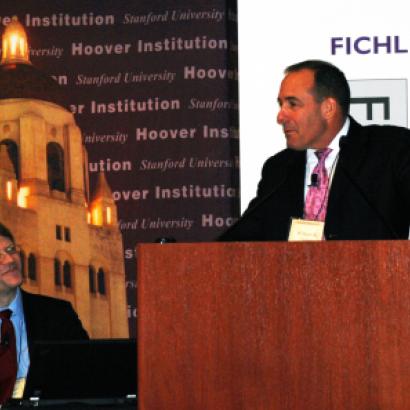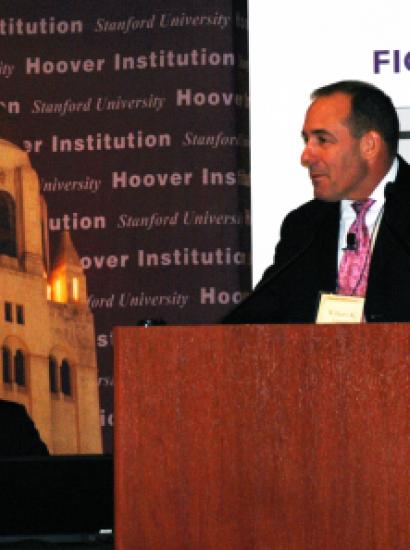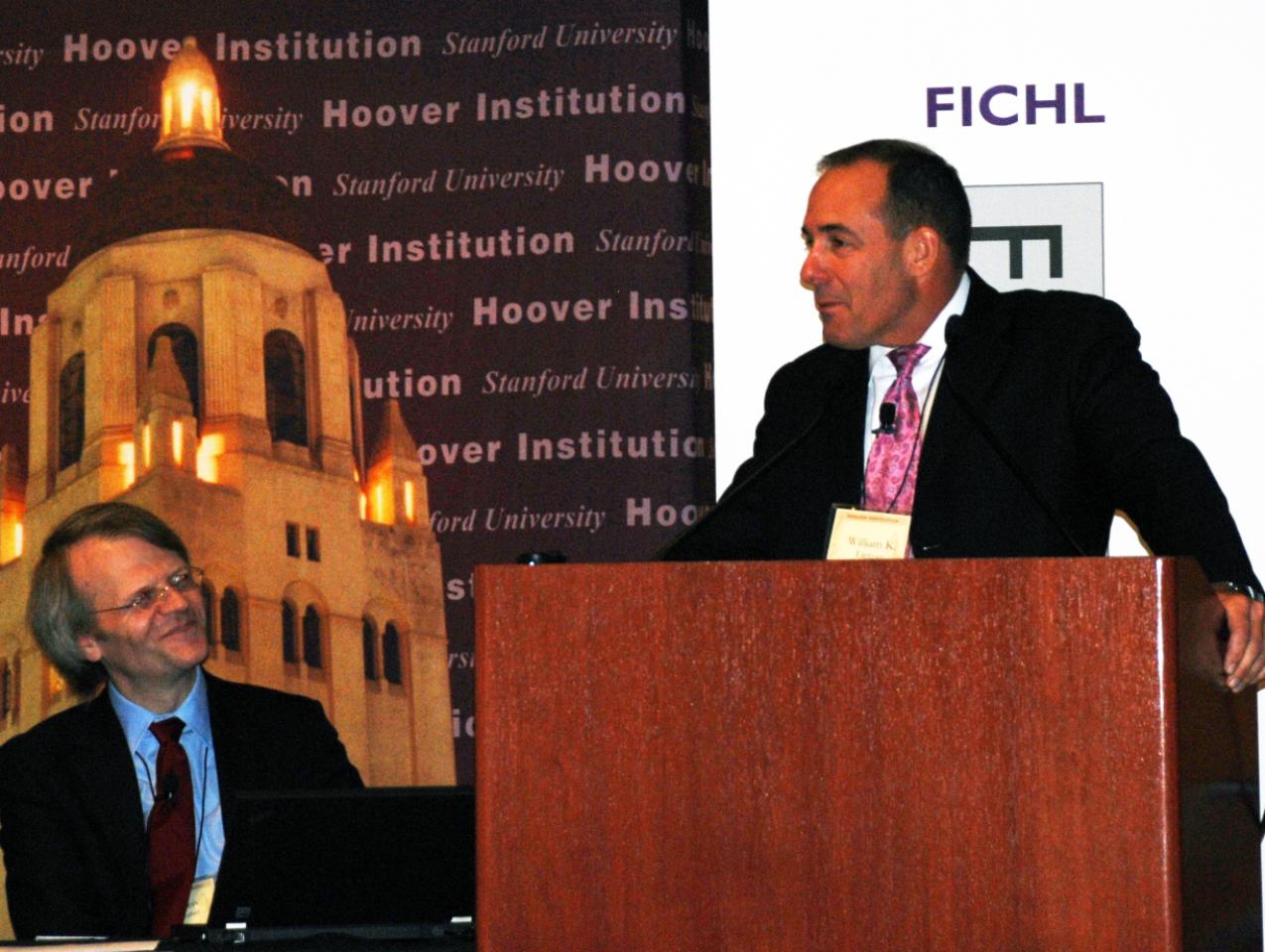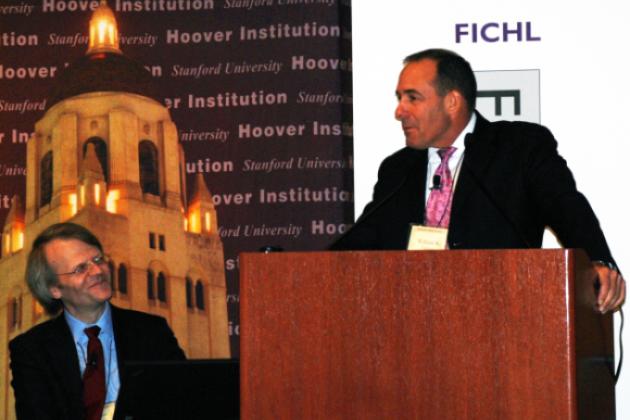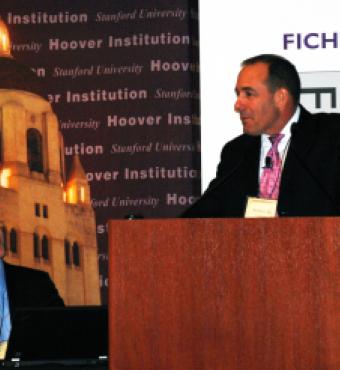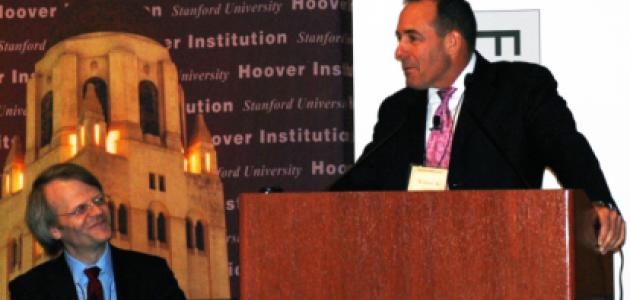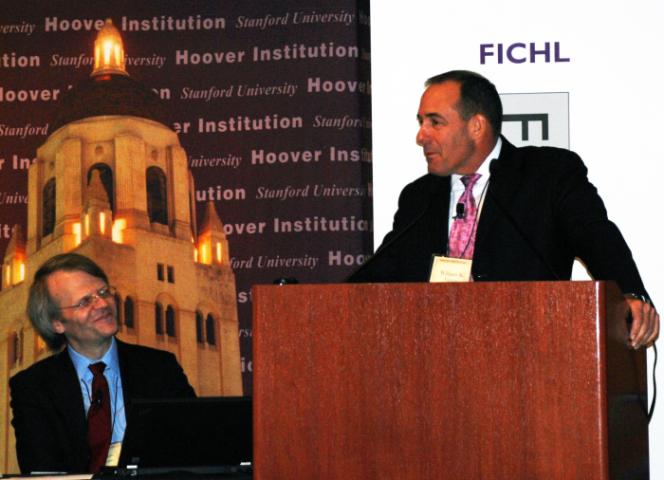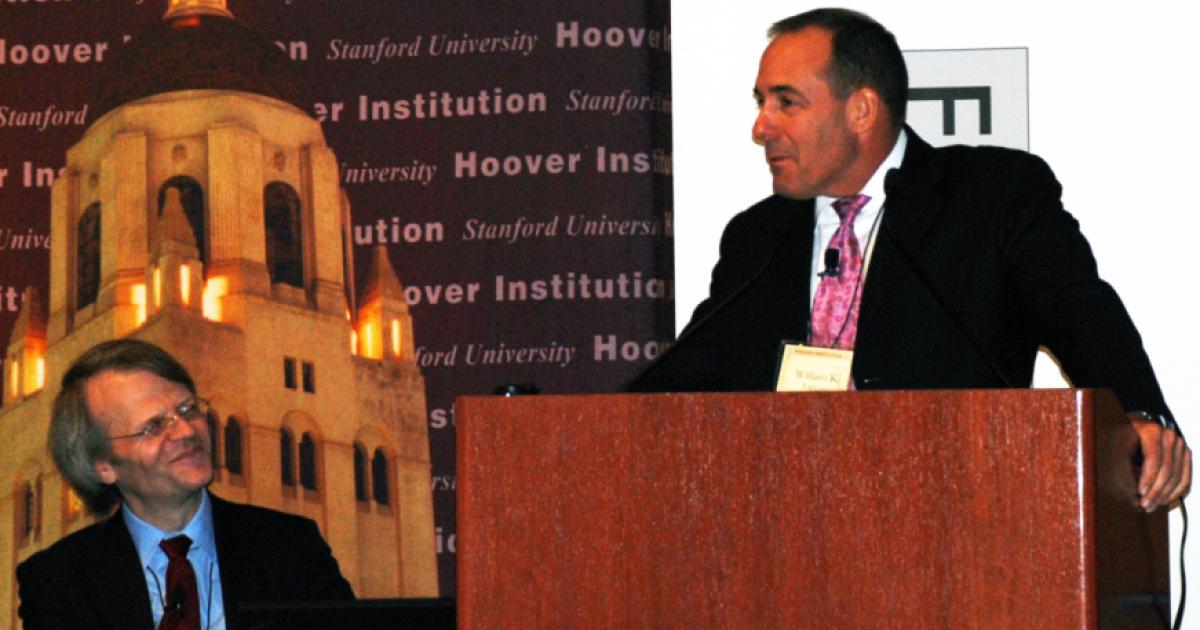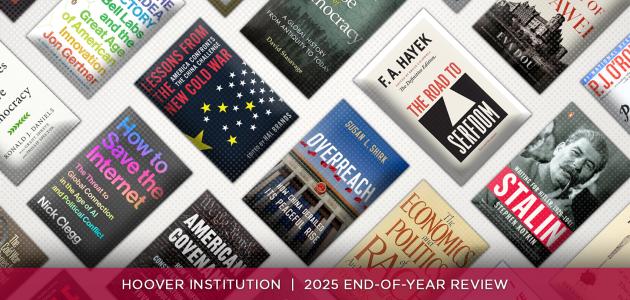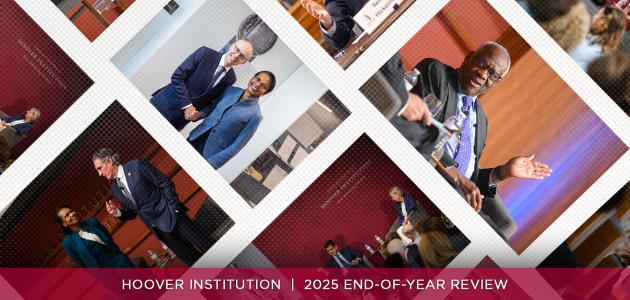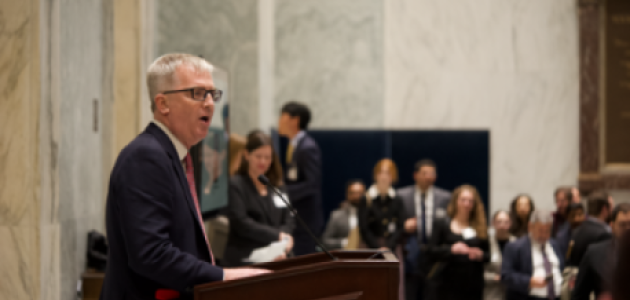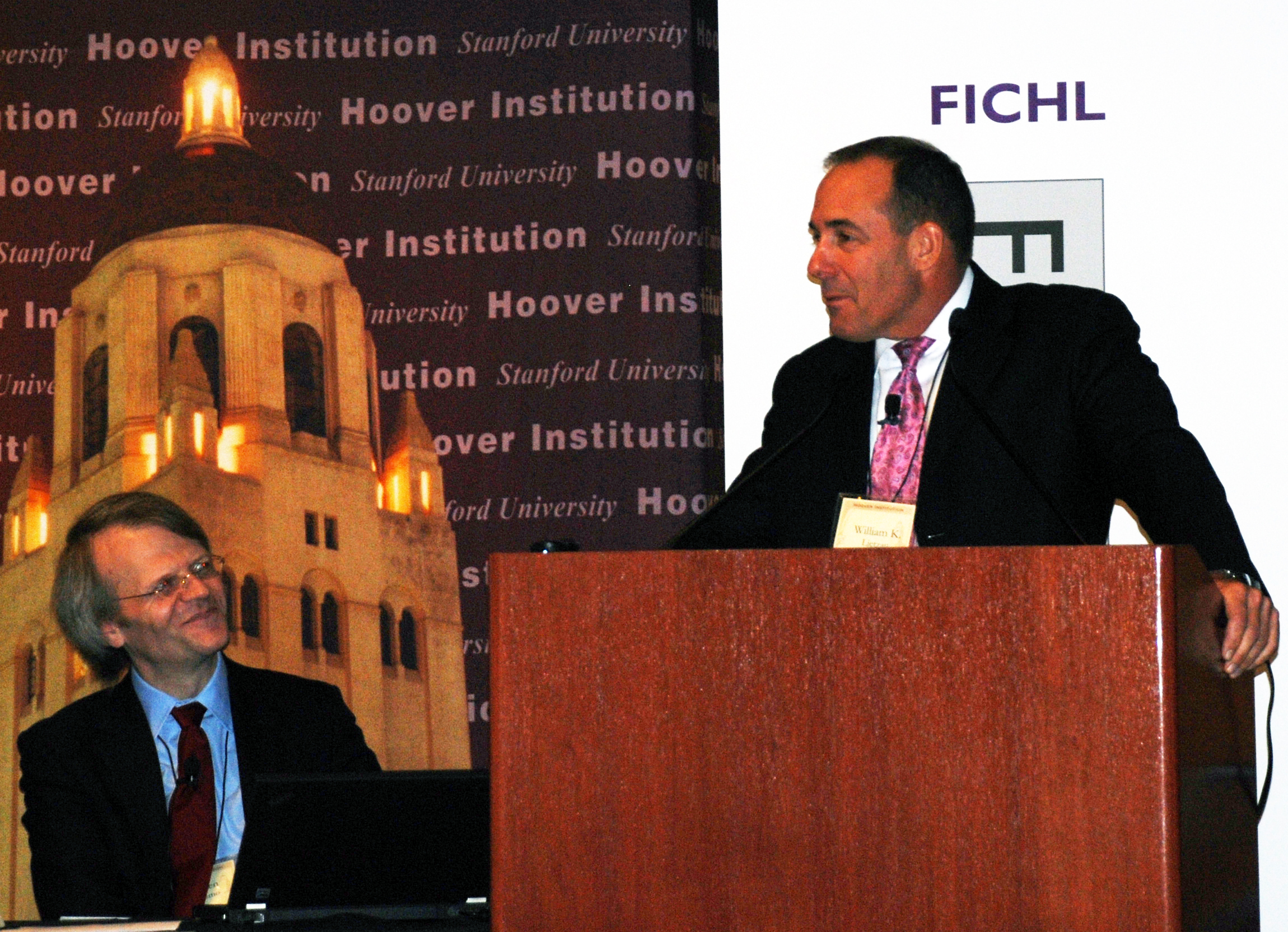
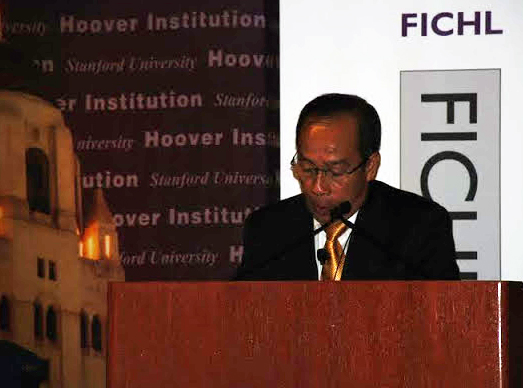
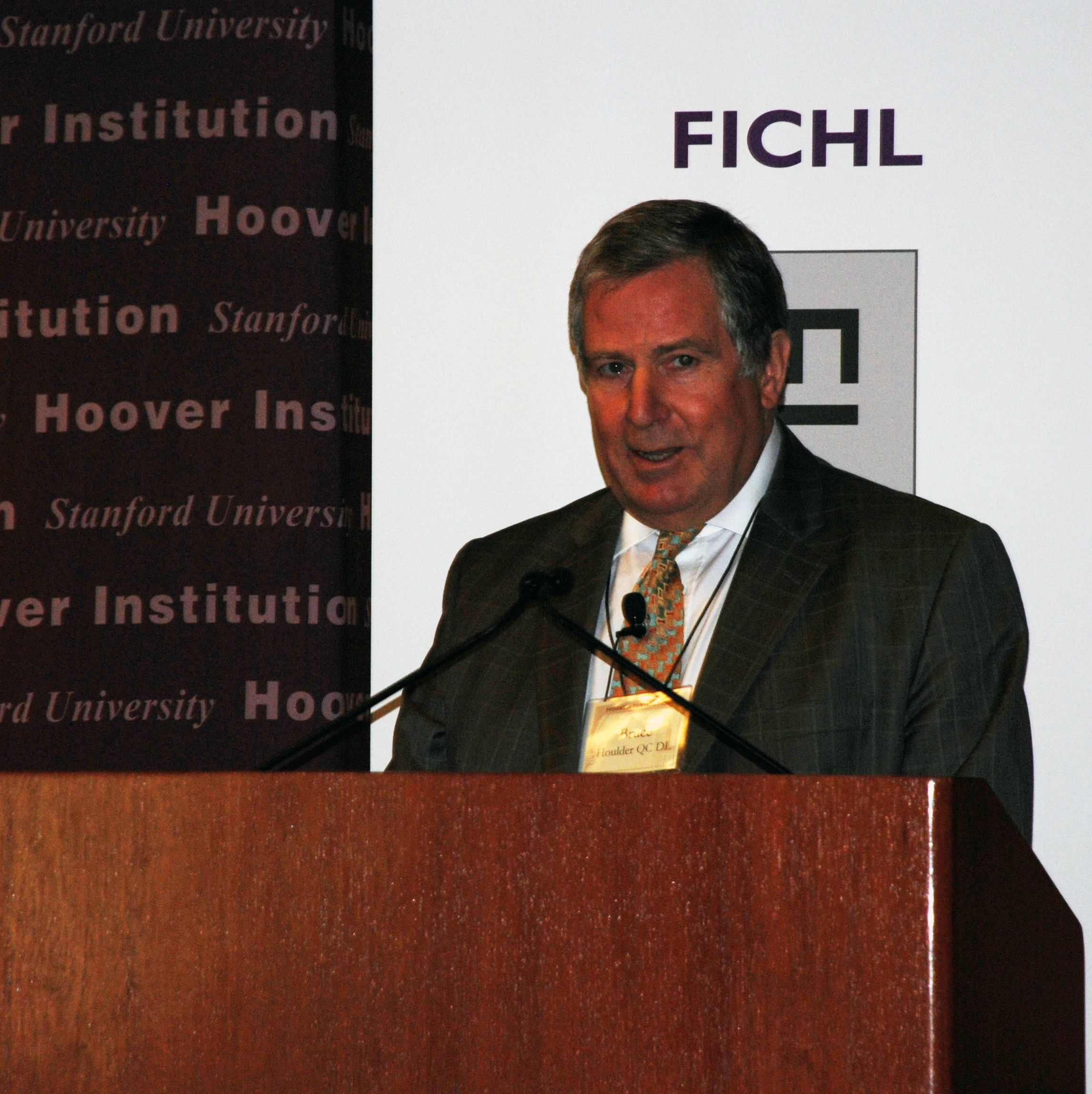
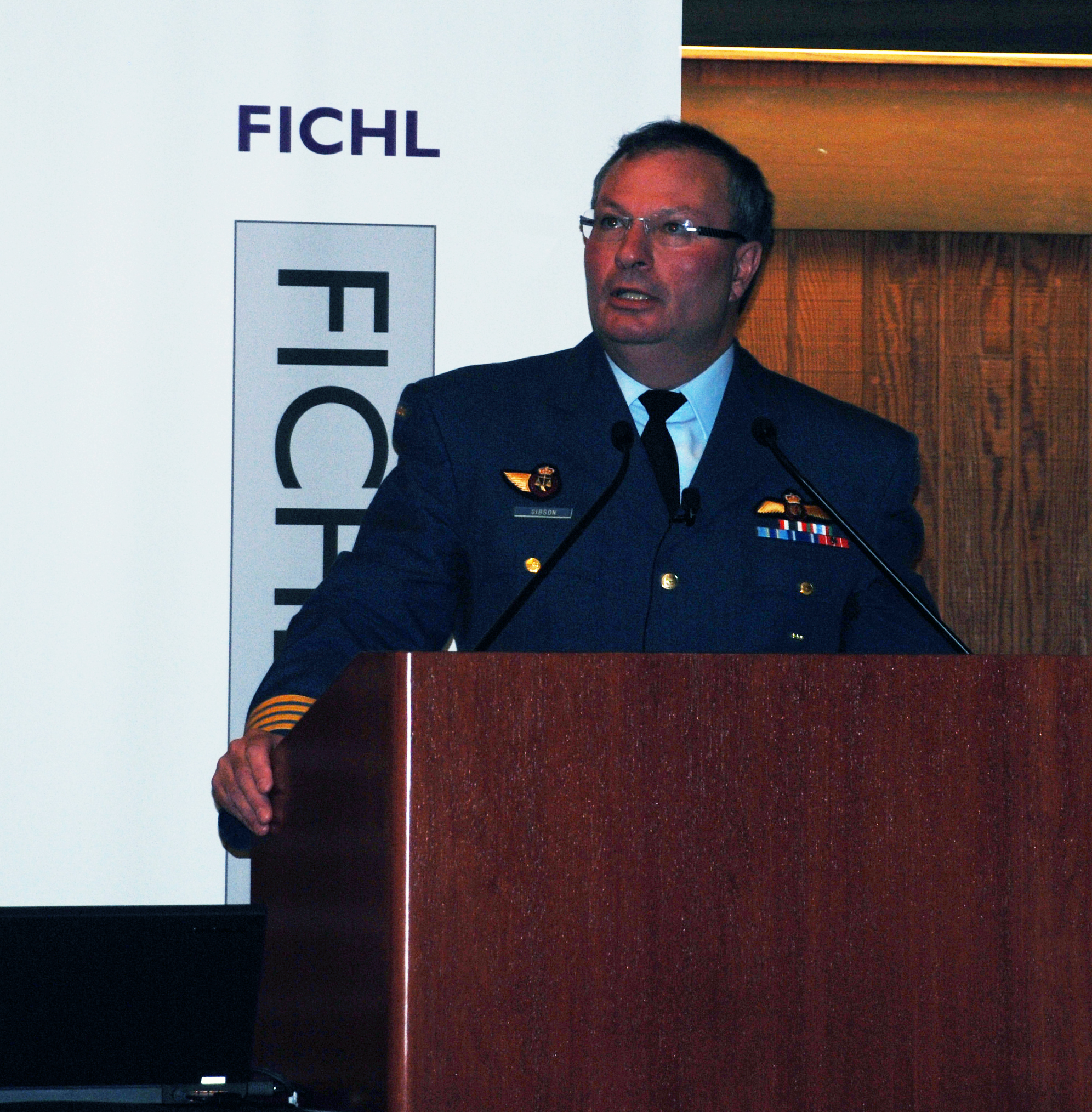
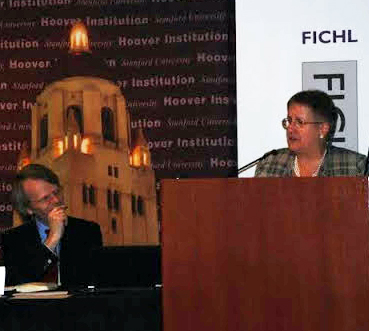
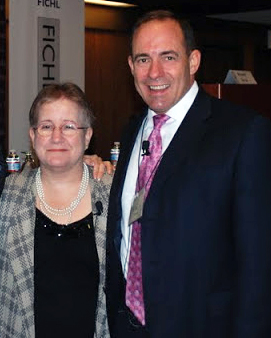
Armed conflict is often more than a battle for territory or to establish military superiority; it is also a battle for hearts and minds. After the troops have disengaged and the combatants have left the field, what is left is winning over the locals and establishing a lasting peace. To do so, however, is complicated by mores, traditions, politics, international law, and legal boundaries that may create a cultural divide between foreign combatants and the local citizenry.
Nothing undermines prospects for enduring peace and impedes reconciliation more than violations of civil rights and human rights abuses by the combatants and nonnative armed forces. Now, more than ever before, militaries around the world are examining ways in which to hold their forces accountable for crimes in the fog of war and armed conflict.
Charges of war crimes and human rights abuse have emerged continually since World War II. Trials recently concluded in Sierra Leone and are ongoing in Cambodia and in The Hague, where Yugoslav cases are being adjudicated. Crimes range from genocide to property theft.
The Hoover Institution partnered with the Forum for International Criminal and Humanitarian Law and UC Berkeley's War Crimes Study Center (WCSC) to host a one-day symposium on November 27, 2012, on a variety of subjects that examined the self-interest of and incentives for the military to prosecute these crimes, the operation and effectiveness of international criminal courts, and the legacies of and precedents set by military tribunals.
Organized by Morten Bergsmo of the Peking University Law School and the University of Oslo, the symposium brought together nearly forty active and former diplomats, attorneys, judges, and military officers from around the world. The seminar pioneered the topic “The Self-Interest of Armed Forces in Accountability for Their Members for Core International Crimes.” Military officers, jurists, and international scholars from Canada, Indonesia, New Zealand, Norway, Switzerland, the United Kingdom, and the United States participated in the symposium.
National armed forces have developed and fine-tuned systems and standards to ensure discipline, order and accountability with a view to preventing war crimes and other serious violations of the laws of war. At the heart of these efforts lie fundamental values and expectations of justice. The emphasis has been on legal constraints and accountability in the form of criminal responsibility, which can act on military or civilian decisions to investigate or prosecute, as a threat. This symposium, by contrast, concentrated on whether accountability is in the self-interest of the armed forces. Why do soldiers, officers and military leaders themselves often prefer such accountability?
Bergsmo set the stage for the symposium, which, he said, would address the legal, ethical, moral, political, military, and public image impact on the military and civilian population as a result of war crimes, abuses, and the excessive use of force. It is thus in military leaders’ self-interest to be sure their troops are aware of appropriate conduct during conflict and are held accountable for core violations of international crimes. Establishing protocols, defining conduct, and enforcing the laws show the civilian population that, although armed conflict is by its nature violent and sometimes capricious, basic human rights remain paramount and justice is the goal.
In his remarks to open the symposium, Richard Saller, Stanford University's dean of humanities and sciences, brought the audience back to Greek and Roman history stressing the importance of justice and the humanitarian virtues of warriors for long-term improvement of behavior.
Among others presentations were Richard Goldstone, head of the United Nations Fact Finding Mission on the Gaza Conflict and chief prosecutor of the International Criminal Courts for the former Yugoslavia and for Rwanda. Stating that humanitarian law is necessary for mutual preservation and is the moral imperative for justice, Goldstone noted that the United States has been the world’s leader in enforcing humanitarian law. He also pointed out that the number of and proportion of civilian causalities in armed conflict has risen significantly over the past 150 years. He then questioned whether the military or civilian courts should take the lead in enforcement.
William K. Lietzau, deputy assistant US secretary of defense for detainee policy, stressed that the military must be ordered and disciplined and that individuals must be held accountable for their actions. In discussing the impact of discipline and enforcement on an all-volunteer forces (such as the US and Canadian militaries), he observed that justice, fairness, and accountability are important.
In her presentation, Ruth Wedgewood, professor at Johns Hopkins University and a member of the Hoover Institution’s Koret-Taube Task Force on National Security and Law, began by noting that reprisals perpetuate the history of violence. What are the rules of proportionality in battle and how are they evaluated when the courts are often far away from the battlefield? She also delved into the psychology of the military, whose job it is, very bluntly, to kill people.
“Whenever law ends, tyranny begins.” Bruce Houlder, director of the UK Service Prosecution Authority, quoted seventeenth-century British philosopher John Locke. Holder went on to stress that transparency and accountability are the bulwarks against war crimes and that the national courts are the first line of defense.
Colonel Michael Gibson, Canadian deputy judge advocate general-military justice, observed that disciplined armies are the most effective and that self-regulation is the hallmark of professionalism in the armed forces. He stated that it was important to prosecute war crimes to diminish the air of impunity around the military, to reinforce the legitimacy of the mission, to maintain discipline, and to provide justice for victims.
Based on the day’s proceedings, Arne Willy Dahl, Norwegian judge advocate general, and Bergsmo will produce a list of Military Self-Interests in Accountability. Seminar papers will be published in an anthology by the Torkel Opsahl Academic EPublisher (TOAEP).
The symposium parallels the collections of the Hoover Institution Library and Archives that document war crimes and their prosecution.
In recent months, the Hoover Institution Archives has further enhanced its acquisitions profile in this arena by entering into preservation and collections agreements with the recently concluded Special Court for Sierra Leone and with the ongoing Extraordinary Chambers in the Courts of Cambodia. Working with WCSC, the agreements call for the creation of virtual tribunals that allow viewers to witness the actual courtroom proceedings; read courtroom transcripts; see indictments, pleadings, and decisions; and examine supporting documentary evidence. The virtual tribunals make the proceedings available to anyone with an Internet connection, a significant advantage for the victims of war crimes, which so often occur in developing countries whose citizens do not have the easy courtroom access that permit them to attend the tribunals. Transparency and outreach are necessary for peace and reconciliation for the citizens of these countries that have suffered great trauma.
Other Hoover Institution Archives collections reflect the inner workings of systematic oppressive regimes, such as the Nazi Gestapo, the Japanese Imperial Army, the Soviet gulags, and the Iraq Baath Party, and make up Hoover's expanding historical research base on war crimes, crimes against humanity, and international struggles against impunity.
Most important are the records of the International Military Tribunal proceedings and the International Military Tribunal of the Far East. These World War II collections are supplemented by the memoirs and reflections of World War II prisoners of war, which may be found in a variety of collections, including those Iris Chang, Jan Karski, Roger Mansell, and Julius Zon papers.
Click here for more information about the symposium.
Click here to see the full agenda for the symposium.







